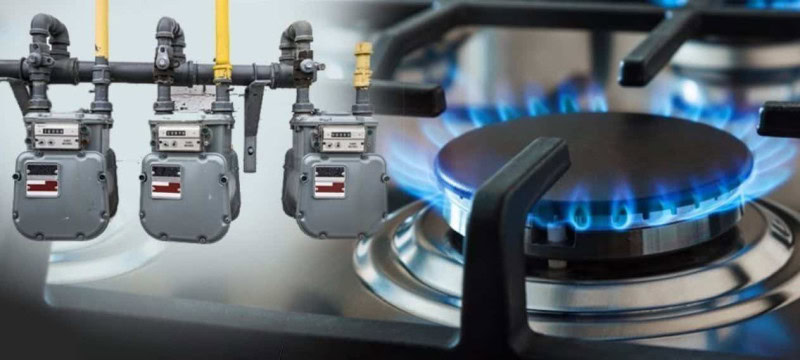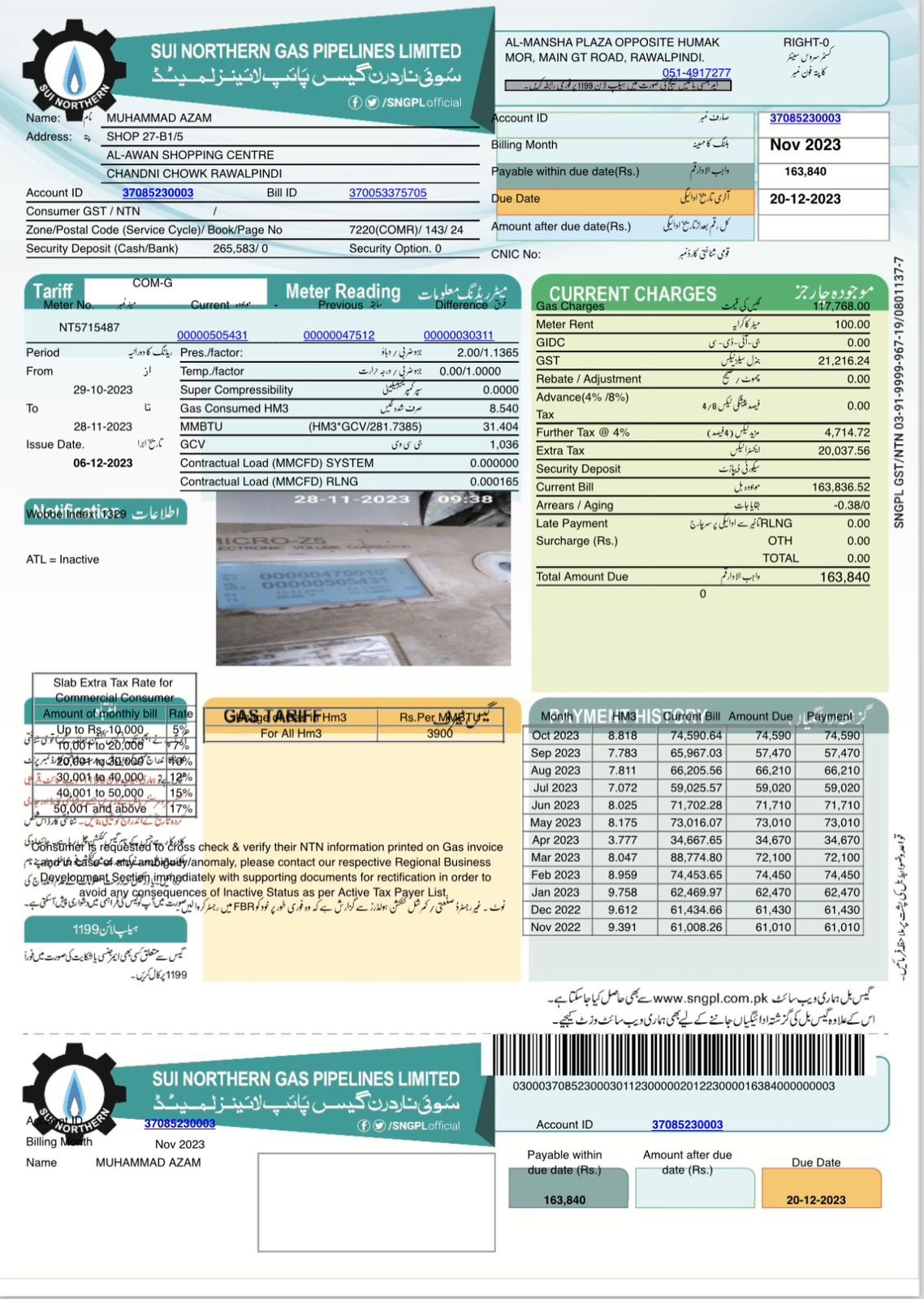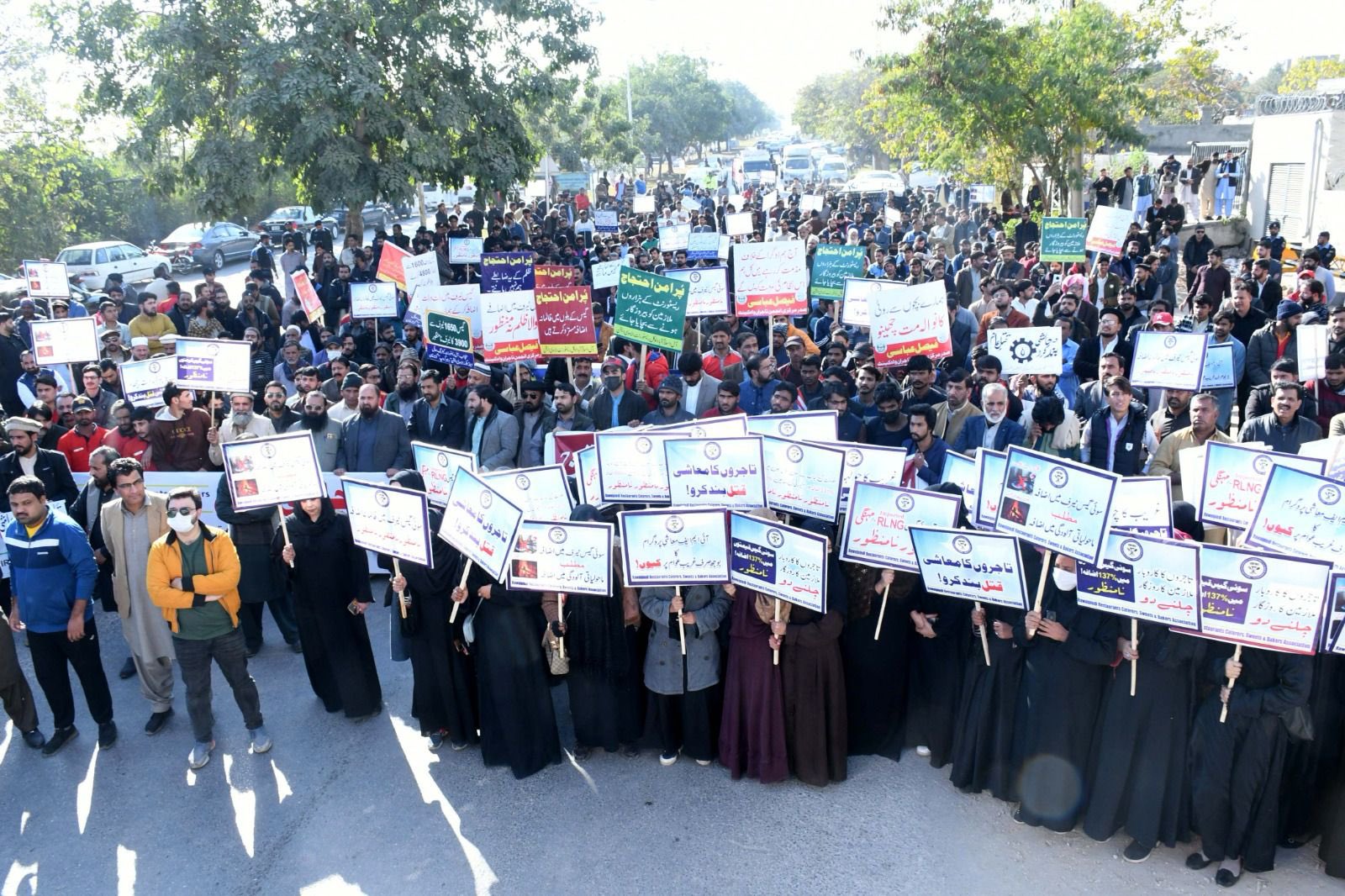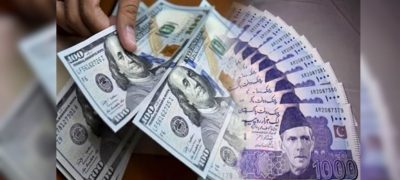The recent and abrupt 137 percent hike in the Sui gas tariff has ignited widespread distress among businessmen, resonating with cries of anguish. Individuals whose gas bills once stood at Rs 60,000 are now grappling with a staggering increase, as the bill for the same gas consumption has surged to Rs 163,000.
This unprecedented rise in tariffs is sending shockwaves through the community, particularly impacting small restaurants, hotels, and dhabas, often considered as second homes by countless scientists, and crucial employers for millions.
The consequences of this gas tariff escalation extend beyond the business realm. A direct impact is anticipated on the price of bread, which is poised to climb from 1650 rupees per mmbtu to an astounding 3900 rupees per mmbtu.
Also Read: Aramco to acquire a 40% stake in Gas Oil Pakistan
The repercussions also extend to the realm of CNG, with a notable increase in its price. As food stands as a fundamental necessity, its affordability becomes a matter of universal concern.
Advocating for a fair and rational adjustment in gas prices, it is stressed that the current draconian increase is unacceptable and should be retracted promptly.
سوئی گیس کے ٹیرف میں یکدم 137 فی صد اضافہ نے تاجروں کی چیخیں نکلوا دی ہیں جس کا بل 60000 روپے تھا اب اتنی ہی گیس استعمال کرنے پر اس کا بل 163000 روپے کر دیا گیا ہے مہنگائی کا طوفان تو حکومت لانا چاہتی ہے مزدوروں مسافروں طالب علموں جن کا یہ چھوٹے ریسٹورنٹ ہوٹل ڈھابے دوسراگھر ہیں… pic.twitter.com/rePxUBuTZp
— Mohammad Farooq (@ch_farooq007) December 23, 2023
The ramifications of such a sharp escalation in tariffs ripple through various sectors, affecting both businesses and the general public. Immediate attention and action are urged to mitigate the potential adverse impacts on the economy and the livelihoods of countless individuals.











